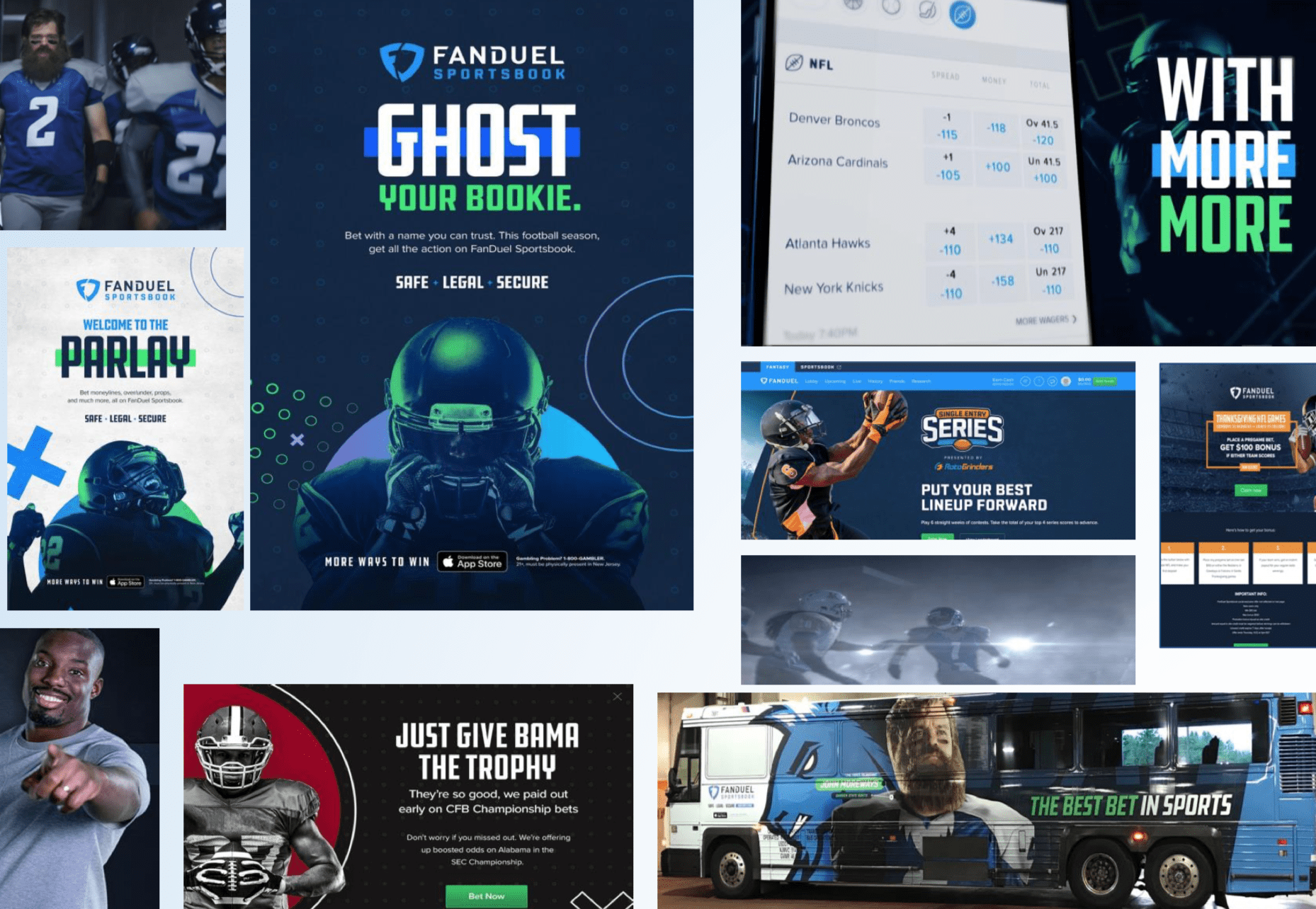At lunchtime on Friday, a story on Bloomberg caused Flutter’s share price to pop by eight per cent. It was reported the casino group Caesars Entertainment and the giant private equity firm Apollo Global Management were vying to buy William Hill, the UK bookmaker. This morning, Caesars Entertainment agreed a $3.7 billion bid for William Hill. Caesars is already in a joint venture with the company. Among the UK bookies, William Hill wouldn’t be considered the pick of the litter. Its share price has lagged behind that of competitors like Flutter and GVC. And this year it’s had to close…
Cancel at any time. Are you already a member? Log in here.
Want to continue reading?
Introductory offer: Sign up today and pay €200 for an annual membership, a saving of €50.

